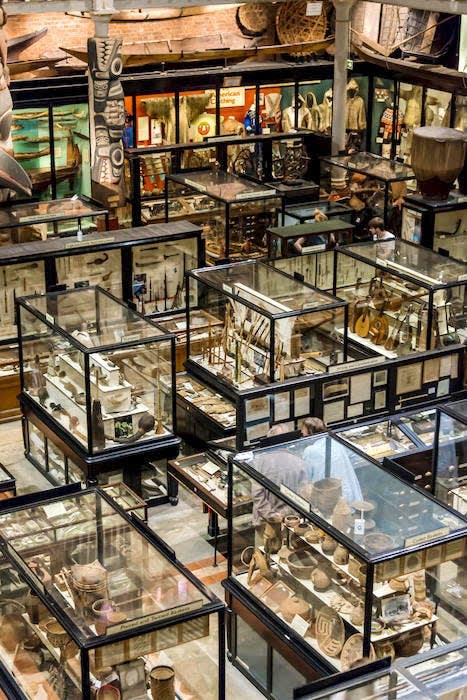
The last issue of Apollo Magazine features a nice article about the relevance of ethnographic museums in the 21st century, you can read it here. Its conclusion:
The periodic revival of the repatriation debate reminds us that ethnographic collections stand in for histories of colonial exploitation, even if the objects were in fact fairly obtained, and sometimes willingly presented by local people interested in the representation of their cultures in metropolitan exhibitions. Certainly, ethnography was associated with the business of empire, both in practice and in theory. But it was also, from the start, distinguished by genuine efforts to document and celebrate cultures beyond Europe – efforts that are often considered important by the people concerned today. Ethnography collections need to be living collections, representative of cultural diversity in the present, as well as of traditions which suffered upheaval, the confrontation of empire, at the time of the museums’ formation. Renewed museums have the capacity to represent not only world cultures, but also the interconnectedness of the world, starting with the puzzling and sometimes problematic stories of how their collections reached Europe. Conceived ambitiously rather than apologetically, museums of ethnography and world culture now have more to offer than ever before.
ps perhaps the most successful of all ethnographic museum remains the Musée du quai Branly – Jacques Chirac, with ca. 1,3 million yearly visitors even more popular than New York’s iconic Guggenheim Museum (source) ! Not bad for a museum that was only founded ten years ago..